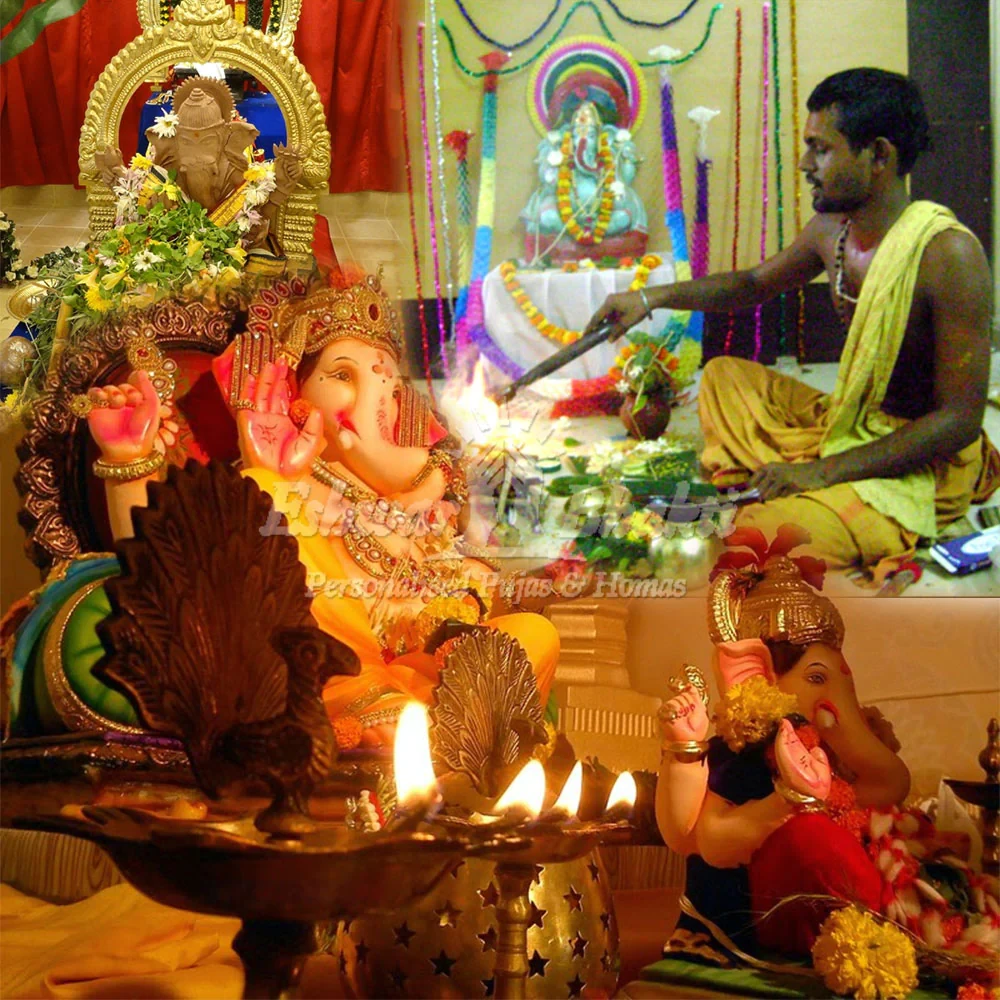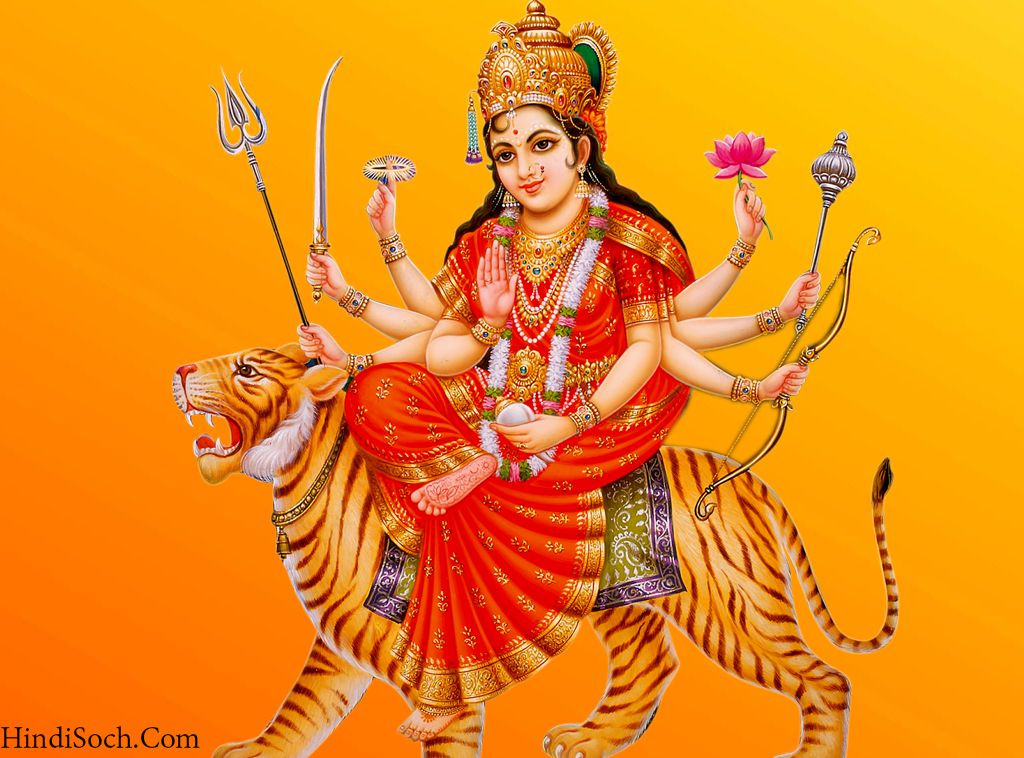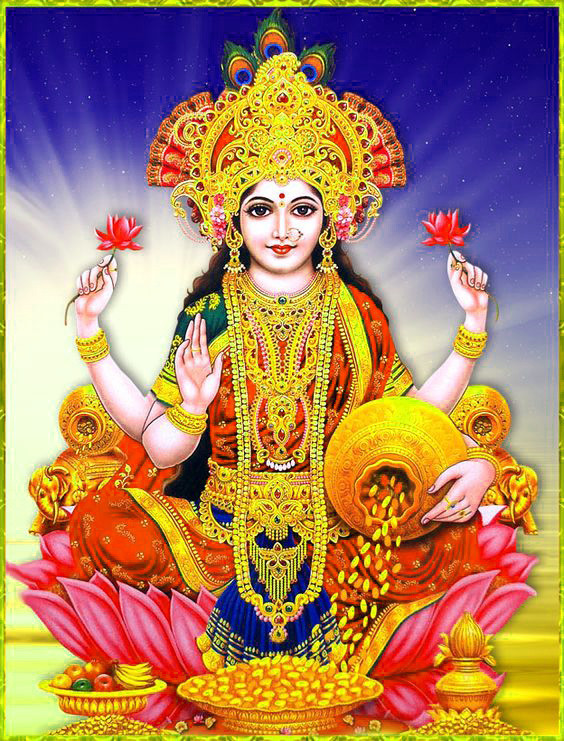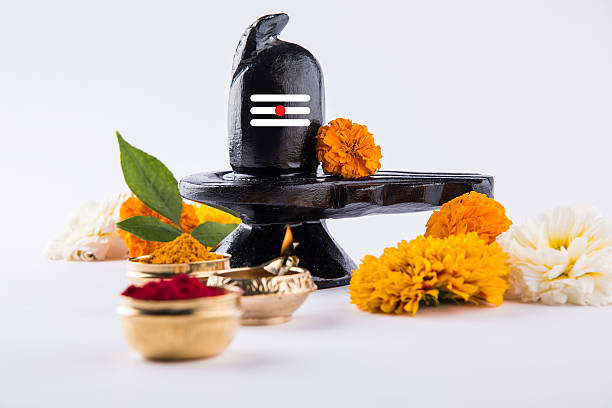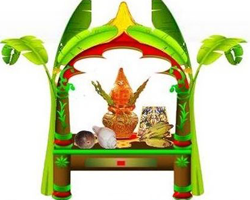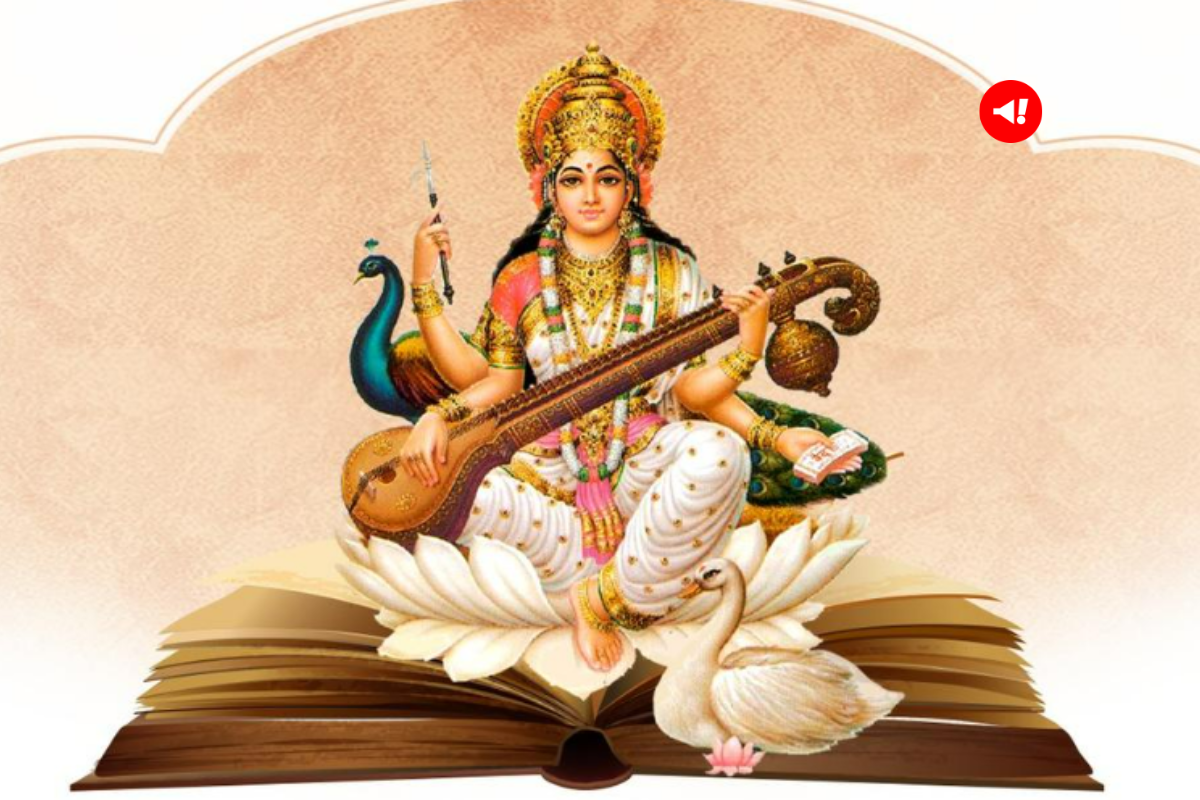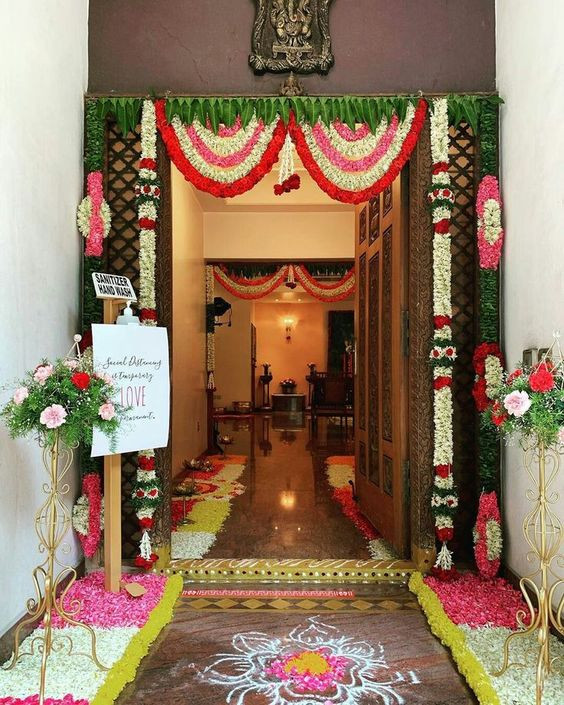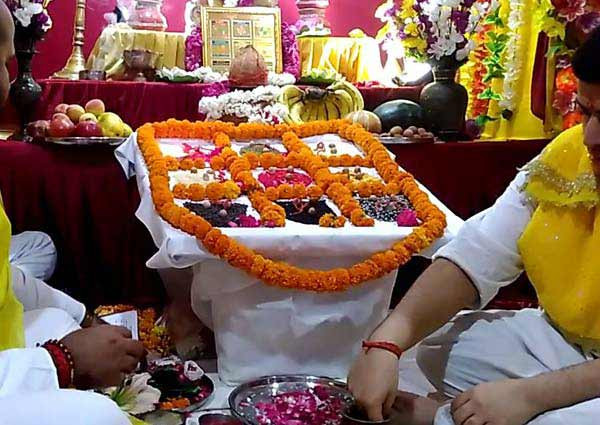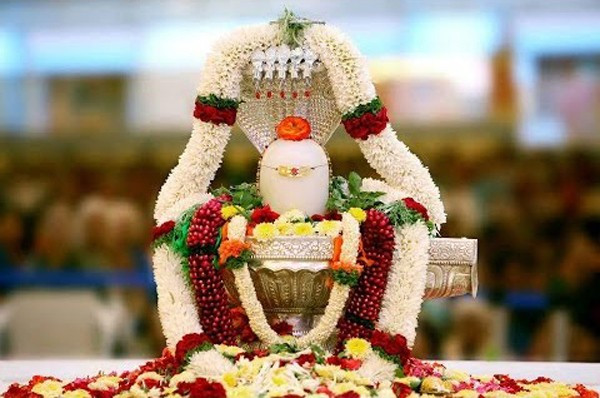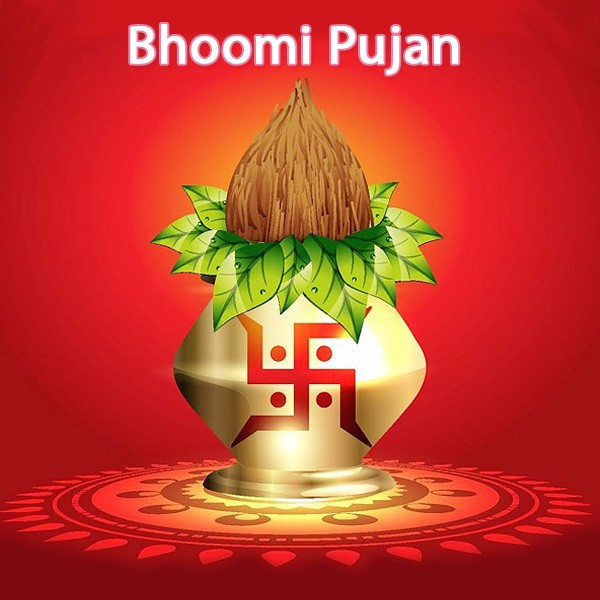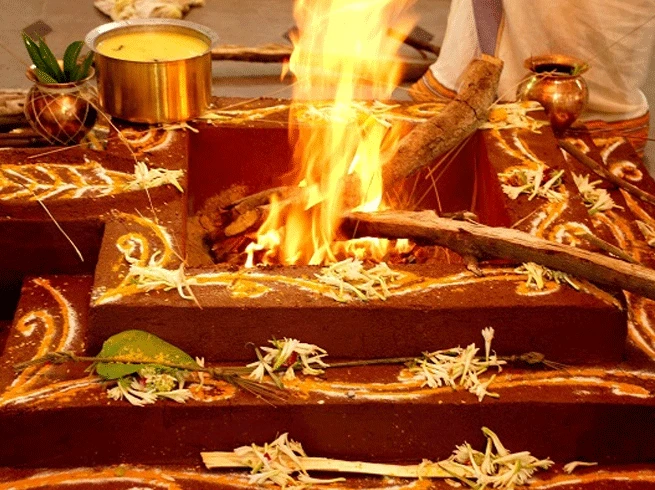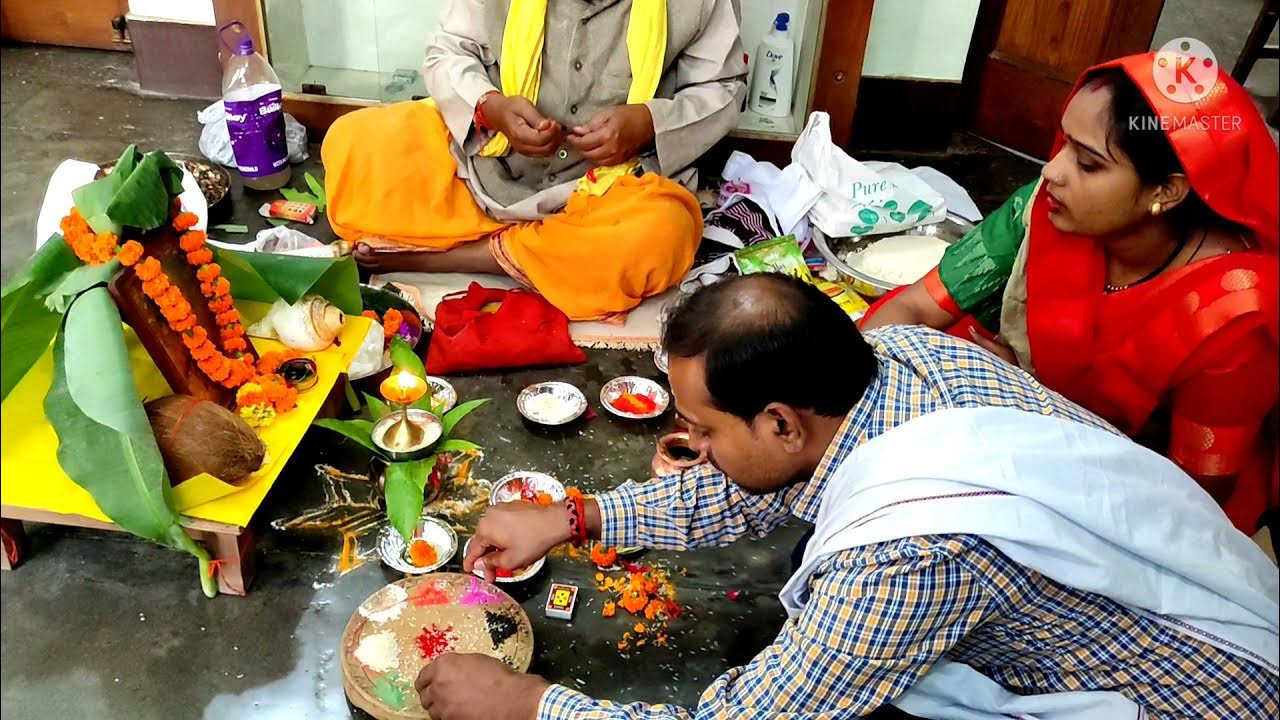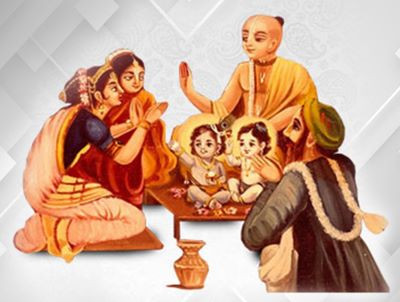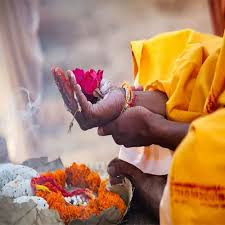
Mundan Ceremony Puja.
The details of the Mundan Ceremony Puja can vary based on regional and family traditions within Hindu culture. However, here is a general overview of the common rituals and elements involved in the Mundan ceremony puja:
-
Selecting an Auspicious Date and Time:
- Like many Hindu ceremonies, the Mundan ceremony is often performed on an auspicious date and time, determined by the family priest or based on the family's astrological beliefs.
-
Preparation:
- The family makes preparations for the ceremony, including arranging for a priest or a knowledgeable person to conduct the puja.
- A clean and sacred space is prepared for the ceremony, often in a temple, at home, or near a holy river.
-
Invocation and Ganesh Puja:
- The puja typically begins with the invocation of Lord Ganesha, the remover of obstacles. A Ganesh Puja is performed to seek his blessings for the smooth and successful completion of the Mundan ceremony.
-
Sankalp (Pledge):
- The priest guides the family through the Sankalp, a solemn pledge, where they express the purpose and intent of the Mundan ceremony and seek blessings from deities.
-
Hair Cutting Ritual:
- The main aspect of the Mundan ceremony is the cutting of the child's hair. The child is often seated on the lap of a parent or a family member while the priest or a designated person performs the actual shaving.
-
Offering of Hair:
- The hair that is shaved off is considered auspicious, and it is usually offered to a deity. In some cases, it may be placed in a sacred river or buried in the ground.
-
Havan (Sacred Fire Ritual):
- A havan, or sacred fire ritual, may be performed as part of the Mundan ceremony puja. Mantras and prayers are chanted while offerings are made into the sacred fire.
-
Puja for Divine Blessings:
- The priest conducts a puja, offering prayers to specific deities for the well-being, health, and prosperity of the child.
- Offerings such as fruits, sweets, and symbolic items may be presented to the deities.
-
Aarti and Prasad Distribution:
- The Mundan ceremony puja concludes with the singing of aarti (devotional song) in praise of the deities.
- Prasad (blessed food) is then distributed to the family and guests as a symbol of divine blessings.
-
Celebration and Feasting:
- Following the puja, families often celebrate with a festive meal or feast, and relatives and friends may join in the joyous occasion.
It's important to note that variations in the Mundan ceremony puja can occur based on cultural practices, regional differences, and personal preferences. Families may choose to customize the ceremony according to their beliefs and traditions.
What you will get:
- While the specific requirements for a Mundan ceremony puja can vary based on cultural and family traditions, here is a general list of items and arrangements that you may need to provide or consider for the ceremony:
- 1. Venue: Arrange for the venue where the Mundan ceremony will take place. This could be a temple, a designated space at home, or another sacred location.
- 2. Priest or Officiant: If you're not using a package service, arrange for a qualified priest or religious officiant to conduct the Mundan ceremony and perform the puja.
- 3. Auspicious Date and Time: Consult with the priest to determine an auspicious date and time for the ceremony based on Hindu astrology.
- 4. Traditional Attire: Dress the child in traditional clothing appropriate for the ceremony. The family members may also choose to wear traditional attire.
- 5. Hair Cutting Arrangements: Set up a designated area for the hair-cutting ritual. Ensure you have the necessary tools for the hair-cutting ceremony, including scissors or clippers.
- 6. Offerings: Provide offerings for the puja, including fruits, flowers, sweets, coconuts, and any other items specified by the priest.
- 7. Aarti Items: Arrange for items needed for the aarti, such as aarti plates, lamps, incense sticks, and camphor.
- 8. Decorations: Decorate the venue with traditional items like flowers, rangoli, and auspicious symbols.
- 9. Traditional Items: Prepare or purchase traditional items required for the ceremony, such as turmeric, kumkum (vermilion), sandalwood paste, and other sacred substances.
- 10. Havan Samagri (if applicable): If a havan (sacred fire ritual) is part of the ceremony, provide items such as ghee, samagri (sacred herbs and grains), and a havan kund (fire pit).
- 11. Cloth for Hair Offering: If you plan to offer the shaved hair to a deity, provide a clean cloth or container for this purpose.
- 12. Prasad: Arrange for prasad, which can include sweets or other blessed food items, to be distributed to attendees.
- 13. Catering (if applicable): If you plan to host a post-ceremony meal or feast, coordinate catering services or prepare the food in advance.
- 14. Invitations: Prepare and send invitations to family and friends who will be attending the Mundan ceremony.
- 15. Camera/Video Recorder: Have a camera or video recorder on hand to capture the special moments of the Mundan ceremony.
- Before making any arrangements by Sanatan Basket, it's advisable to consult with us for the priest or religious guide who will be officiating the ceremony to ensure that all necessary items and preparations are in line with the specific customs and traditions followed during Mundan ceremonies in your community.
Benifits of the Package:
- Opting for a Mundan ceremony puja package by Sanatan Basket can offer several benefits, as it streamlines the planning and execution of the ceremony, ensuring that it aligns with cultural and religious traditions. Here are some potential benefits of choosing a Mundan ceremony puja package:
- 1. Expertise of a Priest: The package often includes the services of a qualified and experienced priest who is well-versed in the rituals and traditions associated with the Mundan ceremony. This ensures that the ceremony is conducted with accuracy and adherence to religious customs.
- 2. Auspicious Date and Time Selection: The package may provide assistance in determining an auspicious date and time for the Mundan ceremony based on Hindu astrology, ensuring that the event is aligned with favorable cosmic influences.
- 3. Seamless Ritual Execution: With a dedicated priest leading the ceremony, the rituals are likely to be performed seamlessly and in accordance with traditional practices, minimizing the chance of oversight or error.
- 4. Provision of Ritual Items: Mundan ceremony puja packages often include the necessary ritual items and samagri, such as flowers, incense, sacred substances, and other offerings required for the ceremony. This can save the family from the hassle of individually sourcing these items.
- 5. Ganesh Puja Inclusion: Many packages include a Ganesh Puja at the beginning of the ceremony to seek the blessings of Lord Ganesha. This is believed to ensure the smooth progress of the event by removing obstacles.
- 6. Customization Options: Some packages may offer customization options to tailor the ceremony according to specific family preferences, allowing for a personalized touch while still following the essential religious rituals.
- 7. Documentation Assistance: The package may include assistance with any necessary documentation or certificates related to the Mundan ceremony, ensuring that the family has the required records for the event.
- 8. Hassle-Free Coordination: Families opting for a package can benefit from the convenience of having the coordination and organization of the ceremony taken care of by the service provider, reducing the burden on the family members.
- 9. Catering Services (Optional): Some packages may offer optional catering services for post-ceremony meals or feasts, providing a complete solution for the family's celebration needs.
- 10. Peace of Mind: Choosing a Mundan ceremony puja package can provide peace of mind for the family, knowing that the religious aspects of the ceremony are being handled by a knowledgeable professional, allowing them to focus on the joyous celebration.
- It's important for the family to communicate their specific requirements and expectations with the sanatan basket to ensure that the chosen package meets their needs and aligns with their cultural and religious preferences.
Service Availability
- Sunday 08:00 AM - 02:00 PM
- Monday 08:00 AM - 02:00 PM
- Tuesday 08:00 AM - 02:00 PM
- Wednesday 08:00 AM - 02:00 PM
- Thursday 08:00 AM - 02:00 PM
- Friday 01:00 AM - 05:30 AM
- Saturday 01:20 AM - 12:40 PM

